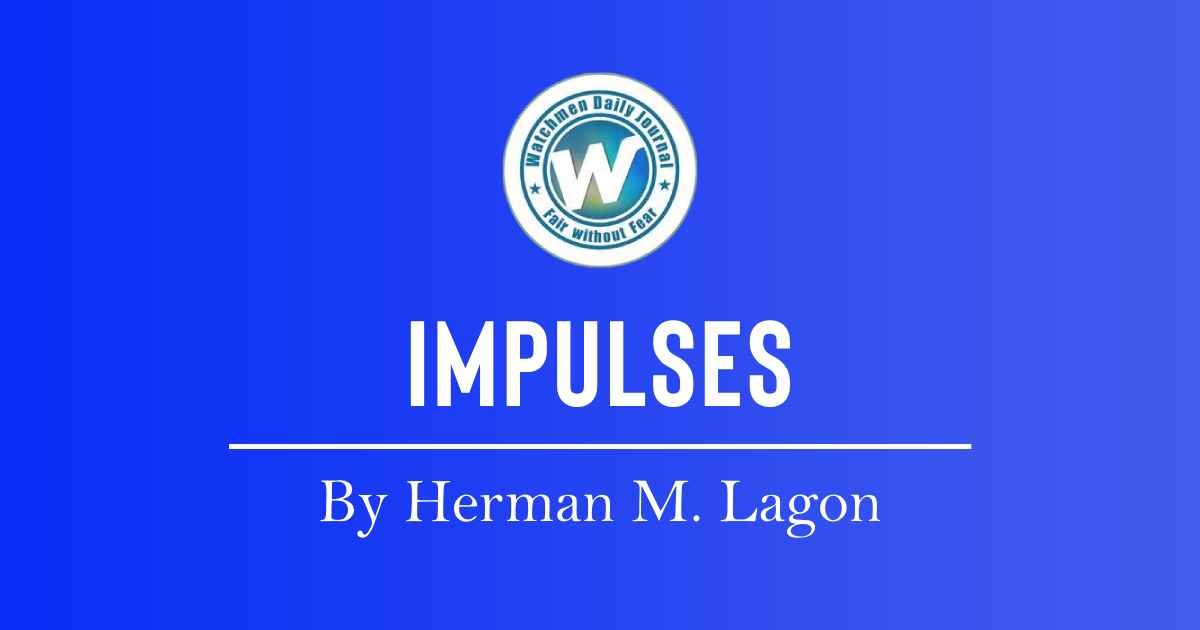
By Herman M. Lagon
Millions of small-scale fishers depend on municipal waters. Therefore, the controversy over whether commercial fishing vessels should be allowed is more than a policy issue. The Iloilo State University of Fisheries Science and Technology (ISUFST) and the University of the Philippines-Visayas support the law prohibiting commercial fishing in municipal waterways. While protecting local fisherfolk, this role also protects maritime habitats, food security and social justice. With rising evidence of overfishing and municipal fishers’ challenges, we must back the appeal of UPV and ISUFST, two universities with the top fisheries programs in the country, to keep commercial fishing vessels out of these vulnerable waterways.
Municipal fishermen have used coastal waters within 15 kilometers for years. Their revenue comes from these waters, often exclusively. Small fishermen use wooden boats, nets and hand lines instead of sonar, trawlers and purse seines. They fish sustainably, taking only what is needed to rebuild marine populations. When huge commercial fishing vessels enter these seas, unbalance is obvious. It is like pitting a sari-sari store owner against SM. The playing field is unfair.
Municipal fishers have privileged access to municipal waterways under the Philippine Fisheries Code of 1998 (RA 8550), as revised by RA 10654. This law prioritizes resource allocation for vulnerable sectors based on social fairness. The Constitution requires the state to foster a just and dynamic social order and prevent economic measures from marginalizing the poor. Allowing commercial vessels into municipal seas strips local fishermen of legal safeguards, driving them further into poverty and economic insecurity.
Overfishing plagues our waterways. Anticamara and Go (2016) and Santos et al. (2017) found that unsustainable harvesting destroys several fish stocks. The 2017 National Stock Assessment Program (NSAP) of the Bureau of Fisheries and Aquatic Resources (BFAR) found that most major Philippine fishing areas are overfished, with extraction greatly outpacing natural replenishment. Commercial vessels with high-efficiency fishing gear exacerbate depletion in municipal waterways. This threatens marine biodiversity and small fisher income, impacting the food chain.
Allowing commercial vessels in municipal waterways is disastrous economically. In 2021, 30.6 percent of small-scale fishers were poor, according to the Philippine Statistics Authority (PSA). A single commercial vessel can catch what hundreds of small fishers do in two weeks in one day. The huge catch volume-financial return gap shows how skewed this debate is. Commercial fishermen entering municipal waters will further impoverish struggling communities, driving many to quit.
Commercial fishing in municipal waters truly harms the ecosystem. Commercial fishing tactics like trawling and purse seining irreparably destroy marine environments. Seafdec (2022) discovered that bottom trawling destroys coral reefs and seagrass beds, which many marine species depend on for breeding and rearing. These ecosystems protect against coastal erosion and storm surges and are biodiversity hotspots. Allowing harmful commercial fishing into these vulnerable places will cause environmental disaster.
Commercial fishing is said to boost fish productivity and employment. However, these gains are generally fleeting and concentrated in a few major businesses. Overfishing has proven to cause long-term economic decline, requiring fishermen to migrate, find new jobs or rely on government aid. Wilfredo Campos of OceanBio Lab cautions that unrestrained commercial fishing in vulnerable environments drives ecological collapse, not economic progress. Economic sustainability requires safeguarding resources for long-term usage, not exploiting them.
Fishermen and environmentalists are outraged by the Supreme Court’s decision to allow commercial fishing in municipal waterways. Fishermen, especially from Zambales, Panay and Mindanao, oppose the judgment as a betrayal of their protection legislation. One local fisherman asked, “Kung papayagan nila ang malalaking barko, paano pa kami mabubuhay?” How will we survive if they let large vessels in? Amid dread and uncertainty, coastal communities share this sentiment.
Local government units (LGUs) are vital to municipal fisheries management and law enforcement. Their main task is implementing RA 8550 and RA 10654. However, LGUs often lack the resources and political will to enforce these regulations. Corruption and commercial fishing companies weaken these protections. To implement these regulations and protect small fishermen from commercial encroachment, enforcement procedures, marine patrol funds, and local fisherfolk groups must be strengthened.
The “precautionary principle” in environmental governance requires policymakers to be cautious when scientific evidence reveals major ecological and livelihood dangers. The risks of commercial fishing in municipal waterways are too high to ignore. Maintaining the prohibition ensures ecological balance, food security, and economic justice for millions of Filipinos who depend on the sea.
Public awareness and lobbying help ensure policies benefit the majority, not just the powerful. Universities like ISUFST and UPV, fisheries professionals, environmentalists, public servants, and grassroots organizations must continue representing small-scale fishers. Municipal water preservation is about justice, sustainability and the future of marine resources. This affects everyone — consumers, policymakers and citizens. Supporting UPV and ISUFST’s position papers protects marine ecosystems that sustain our nation, not only fisherfolk.
The effects of weakening marginalized laws have been felt for generations. Our municipal fishing policies today will determine whether small-scale fishermen prosper or disappear, whether marine biodiversity thrives or collapses, and whether future Filipinos inherit a thriving or barren sea. The sea, like justice, must be protected for the needy. We should maintain municipal waterways for municipal fishers, since safeguarding the little ones protects us all.
***
Doc H fondly describes himself as a “student of and for life” who, like many others, aspires to a life-giving and why-driven world grounded in social justice and the pursuit of happiness. His views do not necessarily reflect those of the institutions he is employed or connected with./WDJ

